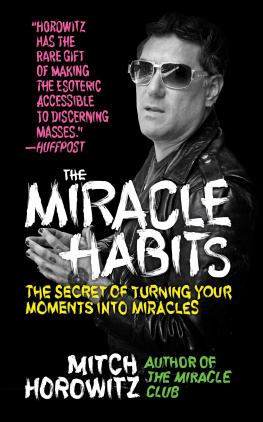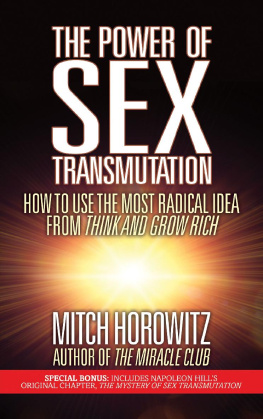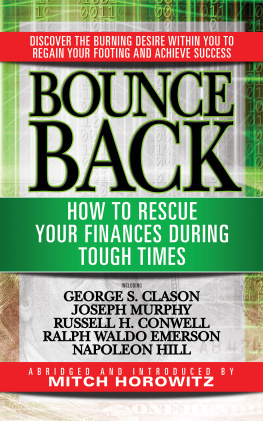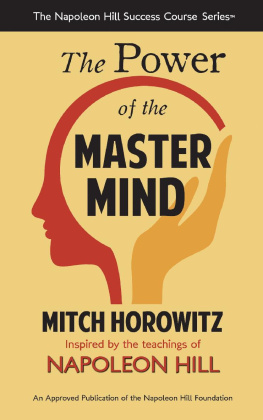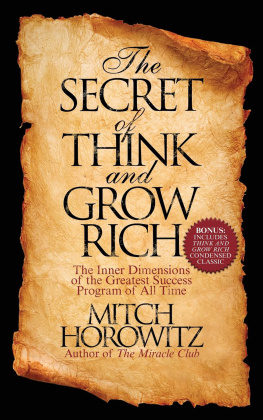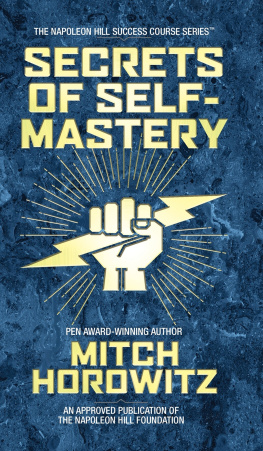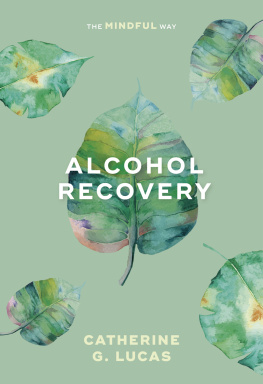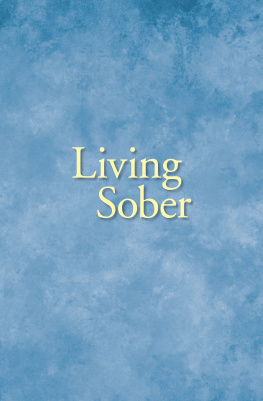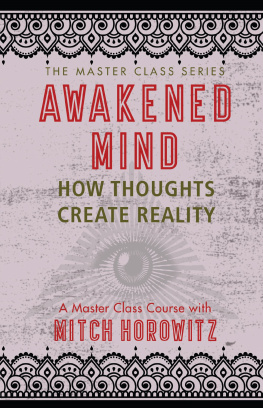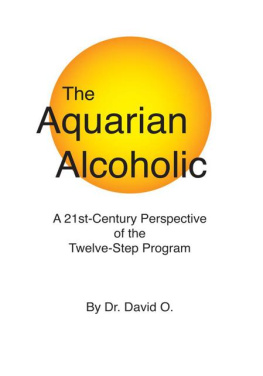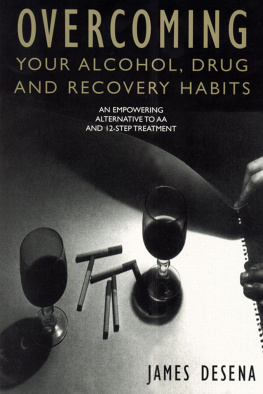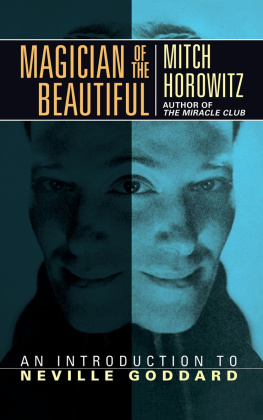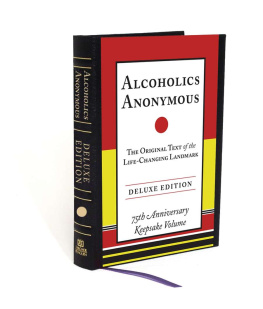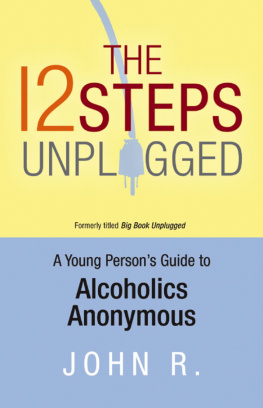War fever ran high in the New England town to which we new, young officers were assigned, and we were flattered when the first citizens took us to their homes, making us feel heroic. I forgot the strong warnings and the prejudices of my people concerning drink. In time we sailed for Over There. I was very lonely and again turned to alcohol.
Twenty-two, and a veteran of foreign wars, I went home at last. My talent for leadership, I imagined, would place me at the head of vast enterprises, which I would manage with utmost assurance.
I took a night law course, and obtained employment as investigator for a surety company. The drive for success was on. Id prove to the world I was important. My work took me about Wall Street and little by little I became interested in the market. Many people lost moneybut some became very rich. Why not I? I studied economics and business as well as law. Potential alcoholic that I was, I nearly failed my law course. At one of the finals I was too drunk to think or write. Though my drinking was not yet continuous, it disturbed my wife.
By the time I had completed the course, I knew the law was not for me. Wall Street had me in its grip. Business and financial leaders were my heroes. I failed to persuade my broker friends to send me out looking over factories and managements, but my wife and I decided to go anyway. I had developed a theory that most people lost money in stocks through ignorance of markets. I discovered many more reasons later on.
We gave up our positions and off we roared on a motorcycle, the sidecar stuffed with tent, blankets, change of clothes, and three huge volumes of a financial reference service.
For the next few years fortune threw money and applause my way. My judgment and ideas were followed by many to the tune of paper millions.
Meanwhile, my drinking assumed more serious proportions, continuing all day and almost every night. The remonstrances of my friends terminated in a row and I became a lone wolf. There were many unhappy scenes in our apartment.
I began to be jittery in the morning.
Abruptly in October 1929 hell broke loose on the New York stock exchange. After one of those days of inferno, I was finished and so were many friends. The papers reported men jumping to death from the towers of High Finance. That disgusted me. I would not jump. I went back to the bar. My friends had dropped several millionso what? As I drank, the old fierce determination to win came back.
Our resources drained, we went to live with my wifes parents. I found a job; then lost it as the result of a brawl with a taxi driver. Mercifully, no one could guess that I was to have no real employment for five years, or hardly draw a sober breath. My wife began to work in a department store, coming home exhausted to find me drunk. I became an unwelcome hanger-on at brokerage places. Liquor became a necessity.
Sometimes a small deal would net a few hundred dollars, and I would pay my bills at the bars and delicatessens. This went on endlessly, and I began to waken very early in the morning shaking violently. A tumbler full of gin followed by half a dozen bottles of beer would be required if I were to eat any breakfast. Nevertheless, I still thought I could control the situation, and there were periods of sobriety which renewed my wifes hope.
Gradually things got worse. The house was taken over by the mortgage holder, my mother-in-law died, my wife and father-in-law became ill. Then I got a promising business opportunity. Stocks were at the low point of 1932, and I had somehow formed a group to buy. I was to share generously in the profits. I went on a prodigious bender, and that chance vanished.
This had to stop. I saw I could not take so much as one drink. I was through forever. Before then, I had written lots of sweet promises, but my wife happily observed that this time I meant business. And so I did. Shortly afterward I came home drunk. There had been no fight. Where had been my high resolve? I simply didnt know. It hadnt even come to mind. Someone had pushed a drink my way, and I had taken it. Was I crazy? I began to wonder, for such an appalling lack of perspective seemed near being just that.
Renewing my resolve, I tried again. Some time passed, and confidence began to be replaced by cocksureness. I could laugh at the gin mills. Now I had what it takes! One day I walked into a cafe to use the telephone. In no time I was beating on the bar asking myself how it happened. As the whiskey rose to my head I told myself I would manage better next time.
The remorse, horror, and hopelessness of the next morning are unforgettable. The courage to do battle was not there. My brain raced uncontrollably and there was a terrible sense of impending calamity. Should I kill myself? Nonot now. Then a mental fog settled down. Gin would fix that. So two bottles, andoblivion.
The mind and body are marvelous mechanisms, for mine endured this agony two more years. Sometimes I stole from my wifes slender purse when the morning terror and madness were on me. Again I swayed dizzily before an open window, or the medicine cabinet where there was poison, cursing myself for a weakling. Then came the night when the physical and mental torture was so hellish I feared I would burst through my window. Somehow I managed to drag my mattress to a lower floor, lest I suddenly leap. Next day found me drinking both gin and sedative.
I could eat little or nothing when drinking, and I was forty pounds underweight.
My brother-in-law is a physician, and through his kindness and that of my mother I was placed in a nationally-known hospital for the mental and physical rehabilitation of alcoholics. Under the so-called belladonna treatment my brain cleared. Hydrotherapy and mild exercise helped.
The frightful day came when I drank once more. After a time I returned to the hospital. This was the finish, the curtain, it seemed to me. My weary and despairing wife was informed that she would soon have to give me over to the undertaker or the asylum.
No words can tell of the loneliness and despair I found in that bitter morass of self-pity. Quicksand stretched around me in all directions. I had met my match. Alcohol was my master. Trembling, I stepped from the hospital a broken man. Fear sobered me for a bit. Then came the insidious insanity of that first drink, and on Armistice Day 1934, I was off again. Everyone became resigned to the certainty that I would have to be shut up somewhere, or would stumble along to a miserable end.
How dark it is before the dawn! In reality that was the beginning of my last debauch. I was soon catapulted into what I like to call the fourth dimension of existence. I was to know happiness, peace, and usefulness, in a way of life that is incredibly more wonderful as time passes.


